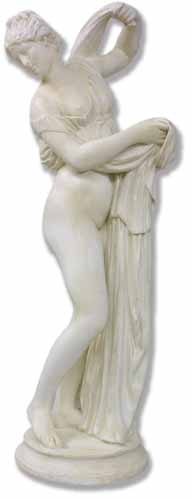
In ancient Greece, a majority of the jobs were performed by slaves. This allowed citizens more time to rest and work on their hobbies, such as creating art and music. Slavery in Ancient Greece was similar to American slavery with one crucial difference: people were not born into slavery. Sometimes parents sold their children into slavery because they could not afford to raise them. Othertimes prisoners captured during a war were forced into slavery. Once a slave, you were at your masters command. No marriages or children were allowed without their owners permission. If disobedient or insolent, an owner could hit a slave.
Most slaves worked out in the fields, either alongside their master or alongside other slaves. The majority of the field slaves were men. Other jobs set aside for slaves included teaching, making pottery, working in factories or small shops, making shoes, shields, leather, and weaving cloth. Slaves could also be barbers and many times, turned to prostitution.
Slaves essentially made a household run. Women slaves would cook, clean, and act as nannies to the children. Male slaves would accompany children to school, care for the horses, and act as handy man and gardener around the house. They were also required to go to the stores everyday and buy things needed for the house.
There is no doubt that two factions of slaves had life a lot worse than the majority of slaves: the rowers of trading ships and the silver miners. While rowing on trader ships, slaves were kept at the bottom of the ship, never allowed to see sunlight, and were fed only bread and water. These slaves did not survive long. Silver miners mined silver that was mixed with lead. Even though their owners knew they were being poisened, they did not stop the slaves from working. Slaves in this job only lasted two or three years before death finally took them.
Sometimes slaves got lucky and were bought by slaveowners who believed in treating their slaves well. They gave them food, good clothing, and a comfortable bed. Sometimes a slave owner would even let the slave keep money they earned while performing a trade, so that they could buy their freedom. When a slave's owner was on their deathbed, he had two options. He could either set his slaves free, or allow the eldest son to inherit the slaves.
Slaves were some of the lowest-ranking people in Greece, with little if any rights. Women slaves were even worse off because in ancient Greece, women were believed to be less intelligent and important than men. Women slaves were not even allowed to do certain chores, like medicine, teaching, money-changing, and the learning of crafts (pottery, building, and stone carving). Women slaves, much like Grecian women, were not even allowed to leave the house except for religious ceremonies and chores.